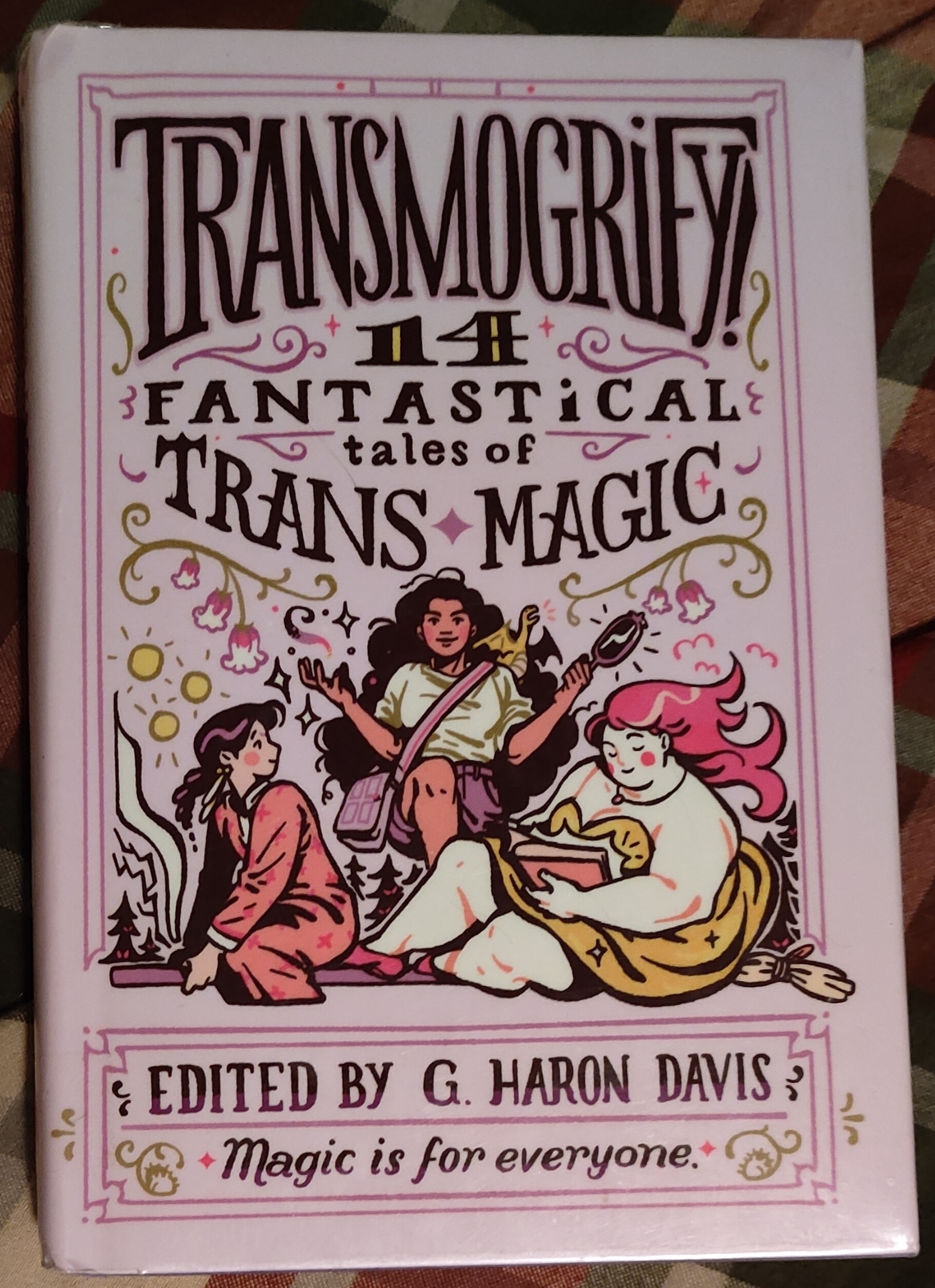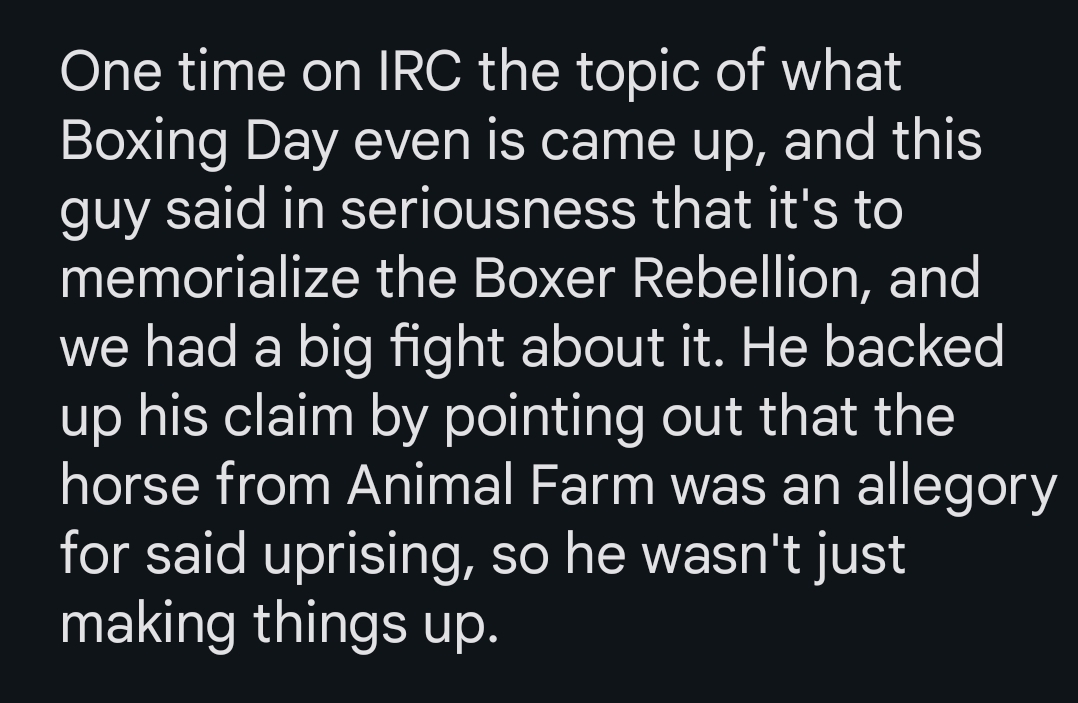No. What is or isn't a vegetable is determined entirely by whether we collectively consider any given plant or plant part a food item.
stray
I don't love the honor translation partially because it's been used in racist caricature, but also because it's often inaccurate. Like you might say ohana because you're in an extremely formal interaction, or because you want to sound poetic or whatever, but you're not actually saying "honorable flowers" usually. You can mean that though. I feel like it's too context-sensitive and culturally nuanced for simple translation.
In Swedish the prefix for bad stuff is the same as the prefix for not or un-. So a monster is a not-animal and a weed is ungrass. Which is especially interesting to me because that same prefix (o) is for better versions of things in Japanese.
e: This got me thinking about "plant," and I realized it's literally the verb to plant. In Swedish it's a growth, or thing that grew. Japanese and Chinese: planted thing. Spanish is also the same as the verb. I feel kinda bad we mostly talk about them in terms of farming them rather than giving them a proper name. Like if they get sentient someday, plant will probably be considered a slur.
It definitely counts as invasive if we put it there though. I don't see rabbits swimming to Australia.
Spraying someone with pepper spray is a violent assault. It's banned in a number of counties due to the possibility of permanent injury or even death, and the risk to bystanders.
I don't think whether an attack is physically violent should play a role in whether someone is allowed to use violence to defend themselves. Plenty of forms of sexual assault are non-violent in the sense that they don't cause bodily harm to the victim, but I still think you should be allowed to resort to violent methods of stopping/preventing them. Things like gropings, upskirt photography, etc are a form of psychological violence in my opinion.
This is different from break-ins which are a more serious crime as they violate the private living spaces of people on top of violating their property rights.
What is the reasoning behind this distinction? Are you suggesting it's okay to defend your home with violence?
To come at this from another angle, do you think theft should be legal? If not, why is it okay for the state to enact violence on perpetrators, but not victims?
Everything being said on both sides in those screenshots doesn't really mean much to me without data to show it's actually the case.
My personal feeling is that I don't care to own most games in the first place and would be happy getting them all from the library the same way I do with books. Without Gamepass I wouldn't have played things like Payday 3 or Grounded in the first place because I won't purchase them. The alternative for me is piracy.
I don't agree with characterizing being robbed from as not a big deal, especially when it's as physically intimate as pickpocketing.
Maybe it's no big deal to lose a bit of money if you're rich, but I would be truly fucked to lose my phone or wallet, and more than inconvenienced to lose money or objects which would need to be replaced with money.
But more than that is the sense of violation. What gives someone the right to come into my home or put hands on my body and take my personal things? It's dehumanizing. It feels disgusting to be treated that way. Of course I'm going to defend myself.
That's why you set up code ahead of time. Gestures are especially useful for nonverbal communication.
I put the phrase in quotes to indicate the meaning of treating someone poorly. Treating animals poorly is not appropriate.
But my point is that animals should not be treated "like animals" either. They should be included in the social contract and afforded a basic minimum of respect and autonomy, not enslaved and exploited.




But what if she had four wheels?